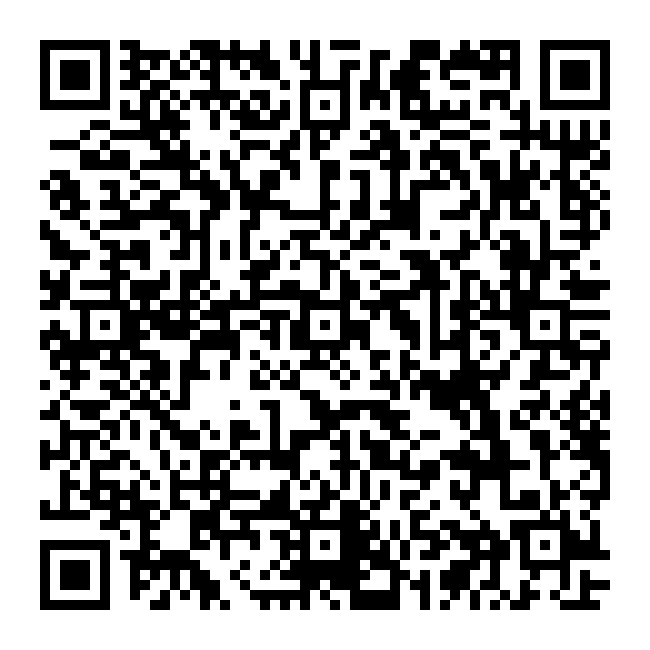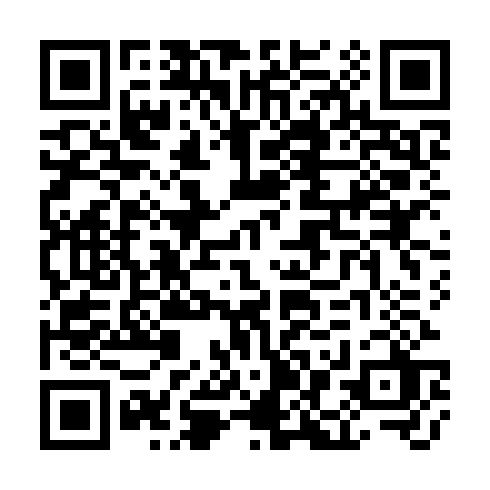Contribute to keeping information on Free & Open Communications systems available for all.
You can donate directly to unsigned.io by using one of the following QR codes:

Monero

Bitcoin

Ethereum
Attach KISS TNC devices as network interfaces in Linux. This program allows you to attach TNCs or any KISS-compatible device as a network interface. This program does not need any kernel modules, and has no external dependencies outside the standard Linux and GNU C libraries.
Currently it is recommended to compile and install tncattach from source with the below commands.
If that is not possible for you, precompiled amd64 and armhf (Raspberry Pi and similar) binaries have been provided in the releases section. You can download the latest release here.
# If you don't already have a compiler installed
sudo apt install build-essential
# Clone repository from GitHub
git clone https://github.com/markqvist/tncattach.git
# Move into source directory
cd tncattach
# Make program
make
# Install to system
sudo make install
Using tncattach is simple. Run the program from the command line, specifying which serial port the TNC is connected to, and the serial port baud-rate, and tncattach takes care of the rest. In most cases, depending on what you intend to do, you probably want to use some of the options, though. See the examples section below for usage examples.
Usage: tncattach [OPTION...] port baudrate
Attach TNC devices as system network interfaces
-m, --mtu=MTU Specify interface MTU
-e, --ethernet Create a full ethernet device
-i, --ipv4=IP_ADDRESS Configure an IPv4 address on interface
-n, --noipv6 Filter IPv6 traffic from reaching TNC
--noup Only create interface, don't bring it up
-T, --kisstcp Use KISS over TCP instead of serial port
-H, --tcphost=TCP_HOST Host to connect to when using KISS over TCP
-P, --tcpport=TCP_PORT TCP port when using KISS over TCP
-t, --interval=SECONDS Maximum interval between station identifications
-s, --id=CALLSIGN Station identification data
-d, --daemon Run tncattach as a daemon
-v, --verbose Enable verbose output
-?, --help Give this help list
--usage Give a short usage message
-V, --version Print program version
The program supports attaching TNCs as point-to-point tunnel devices, or generic ethernet devices. The ethernet mode is suitable for point-to-multipoint setups, and can be enabled with the corresponding command line switch. If you only need point-to-point links, it is advisable to just use the standard point-to-point mode, since it doesn't incur the ethernet header overhead on each packet.
If you want to connect to a virtual KISS TNC over a TCP connection, you can use the -T option, along with the -H and -P options to specify the host and port.
Additionally, it is worth noting that tncattach can filter out IPv6 packets from reaching the TNC. Most operating systems attempts to autoconfigure IPv6 when an interface is brought up, which results in a substantial amount of IPv6 traffic generated by router solicitations and similar, which is usually unwanted for packet radio links and similar.
If you intend to use tncattach on a system with mDNS services enabled (avahi-daemon, for example), you may want to consider modifying your mDNS setup to exclude TNC interfaces, or turning it off entirely, since it will generate a lot of traffic that might be unwanted.
You can configure tncattach to automatically transmit station identification beacons according to a given interval, by using the --id and --interval options. Identification will be transmitted as raw data frames with whatever content has been specified in the --id option. Useful for amateur radio use, or other areas where station identification is necessary.
Identification beacons will be transmitted when:
The above methodology should comply with station identification rules for amateur radio in most parts of the world, and complies with US Part 97 rules.
Create an ethernet device with a USB-connected TNC, set the MTU, filter IPv6 traffic, and set an IPv4 address:
# Attach interface
sudo tncattach /dev/ttyUSB0 115200 --ethernet --mtu 576 --noipv6 --ipv4 10.92.0.10/24
Create an ethernet device with a TCP-connected TNC, set the MTU, filter IPv6 traffic, and set an IPv4 address:
# Attach interface
sudo tncattach -T -H localhost -P 8001 --ethernet --mtu 576 --noipv6 --ipv4 10.92.0.10/24
You can interact with the interface like any other using the ip or ifconfig utilities:
# Check interface is running
ifconfig
tnc0: flags=579<UP,BROADCAST,RUNNING,ALLMULTI> mtu 576
inet 10.92.0.10 netmask 255.255.255.0 broadcast 10.92.0.255
ether 02:56:ad:f2:40:33 txqueuelen 1000 (Ethernet)
RX packets 0 bytes 0 (0.0 B)
RX errors 0 dropped 0 overruns 0 frame 0
TX packets 0 bytes 0 (0.0 B)
TX errors 0 dropped 0 overruns 0 carrier 0 collisions 0
Create a point-to-point link:
# Attach interface
sudo tncattach /dev/ttyUSB0 115200 --mtu 400 --noipv6 --noup
# Configure IP addresses for point-to-point link
sudo ifconfig tnc0 10.93.0.1 pointopoint 10.93.0.2
# Check interface
ifconfig
tnc0: flags=4305<UP,POINTOPOINT,RUNNING,NOARP,MULTICAST> mtu 400
inet 10.93.0.1 netmask 255.255.255.255 destination 10.93.0.2
unspec 00-00-00-00-00-00-00-00-00-00-00-00-00-00-00-00 txqueuelen 500 (UNSPEC)
RX packets 0 bytes 0 (0.0 B)
RX errors 0 dropped 0 overruns 0 frame 0
TX packets 0 bytes 0 (0.0 B)
TX errors 0 dropped 0 overruns 0 carrier 0 collisions 0
On some versions of Raspbian (and probably other operating systems), the DHCP client daemon dhcpcd interferes with TNC interfaces, by overriding their MTU and trying to auto-configure link-local addresses. You probably don't want this, and it can be disabled by editing the /etc/dhcpcd.conf file, adding a statement telling dhcpcd to ignore your TNC interface:
# Add the following statement somewhere at the beginning
# of /etc/dhcpcd.conf to prevent dhcpcd from changing MTU
denyinterfaces tnc0
You can help support the continued development of open, free and private communications systems by donating via one of the following channels:
84FpY1QbxHcgdseePYNmhTHcrgMX4nFfBYtz2GKYToqHVVhJp8Eaw1Z1EedRnKD19b3B8NiLCGVxzKV17UMmmeEsCrPyA5w
0xFDabC71AC4c0C78C95aDDDe3B4FA19d6273c5E73
35G9uWVzrpJJibzUwpNUQGQNFzLirhrYAH
https://ko-fi.com/markqvist

